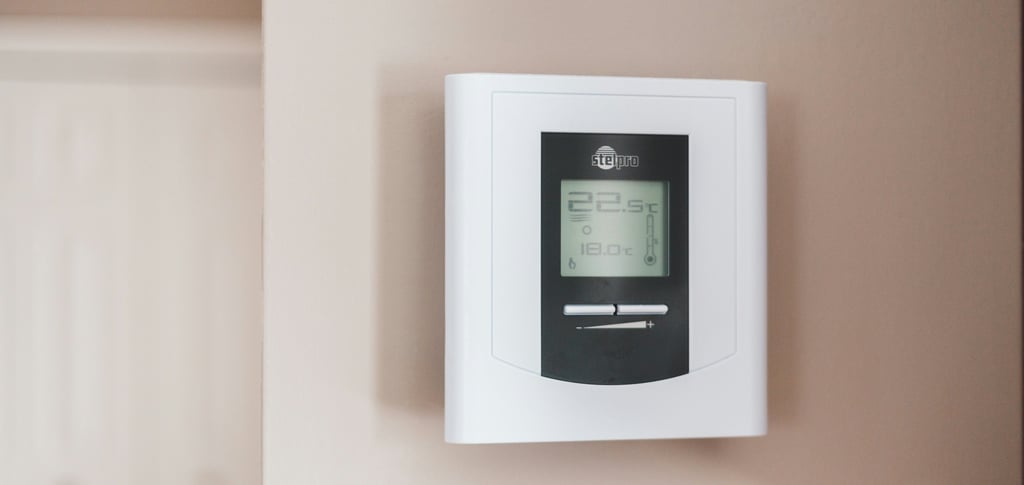The heating cost statement: An essential component of property management
Welcome to the blog of Hochheiden Property Management, your trusted partner for property management. One of the essential tasks in managing rental properties is the correct and transparent billing of heating costs. The heating cost statement is not only a legal obligation but also an important tool to ensure cost transparency and fairness within a residential complex. In this article, we aim to provide you with an overview of the importance, legal foundations, and components of a heating cost statement.


The importance of heating cost billing
Heating costs represent a significant portion of the ancillary costs for tenants. Therefore, precise and fair billing is essential to foster trust between tenants and landlords or property management companies. The heating cost statement serves to determine the actual heating costs for a billing period and distribute them among tenants according to their individual consumption.
Legal foundations
The billing of heating costs in Germany is regulated by the Energy Saving Act (EnEG), the Heating Costs Ordinance (HeizkostenV), and partly by the Civil Code (BGB). These regulations stipulate that heating costs must be billed based on consumption, requiring the installation of measuring devices such as heat meters or heat cost allocators in the apartments. At least 50% of the heating costs must be allocated according to the actual consumption of the tenants, while the remaining costs can be allocated based on the living area.
Components of a heating cost statement
A transparent heating cost statement should include the following components:
Total costs: The total costs of heating and hot water preparation for the entire building during the billing period.
Allocation key: The breakdown of how costs are distributed among individual residential units, based on consumption and possibly living area.
Individual consumption: The actual heating consumption of each residential unit, recorded by the measuring devices.
Cost calculation: A detailed calculation showing how the individual costs for each residential unit are composed.
Advance payments: The consideration of the heating cost prepayments made by the tenant.
Tips for smooth heating cost billing
Regular maintenance: Ensure that heating and measuring systems are regularly maintained and calibrated to ensure accurate measurements.
Transparency: Provide tenants with insight into the calculation basis and the allocation key to avoid questions or uncertainties.
Adhere to deadlines: Ensure that statements are issued in a timely manner, i.e., within twelve months after the end of the billing period, and delivered to tenants.
Communication: Be open to inquiries and offer assistance in explaining the billing.
Conclusion
Correct and fair heating cost billing is a central aspect of property management that contributes to tenant satisfaction and prevents disputes. Hochheiden Property Management prioritizes transparency and precision in the preparation of heating cost statements to meet the requirements and expectations of our clients.
Do you have questions about heating cost billing or need professional assistance with property management? Contact us – we are here to assist you with our expertise and commitment.
Contact
info@hochheiden-hv.de
Socials
Stay informed at all times
+49 30 692 099 540
